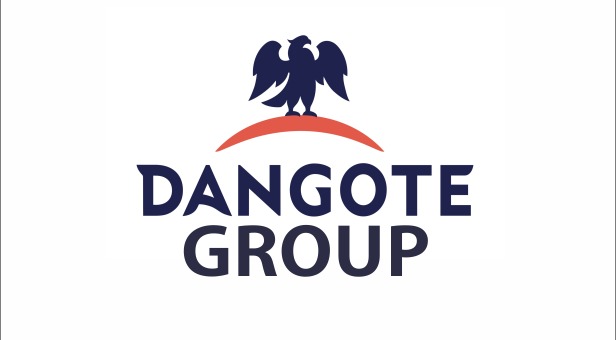The ongoing dispute between the Dangote Petroleum Refinery and the Nigerian Union of Petroleum and Natural Gas Workers (NUPENG) escalated when Dangote challenged the union to shed light on the alleged mismanagement of $18 billion in public funds allocated to the rehabilitation of Nigeria’s state-owned refineries. Dangote highlighted the irony of NUPENG’s past opposition to the privatization of these refineries, particularly in 2007 when a consortium including Dangote’s company attempted to acquire them. The refinery’s statement pointed to the continued dysfunction of the Port Harcourt, Warri, and Kaduna refineries despite this substantial investment, questioning the accountability for these expenditures and calling upon NUPENG to assist in uncovering the truth. This challenge shifted the focus of the dispute from labor relations to broader issues of transparency and accountability in the Nigerian oil sector.
The core of the initial disagreement stemmed from NUPENG’s accusations that Dangote Refinery was preventing its newly recruited drivers for a fleet of 4,000 CNG-powered trucks from joining the union. NUPENG further alleged that Dangote was creating a rival drivers’ association to undermine the union’s influence and was not adhering to a Memorandum of Understanding (MoU) signed to resolve the dispute. The union’s actions included a brief shutdown of fuel depots and blocking the entrance to the Dangote refinery, disrupting fuel loading operations. NUPENG framed Dangote’s actions as an attempt to monopolize the petroleum sector and suppress workers’ rights, characterizing the company’s offer of free nationwide petroleum delivery as a “Greek gift” designed to eliminate competition.
Dangote Refinery vehemently denied these accusations, asserting that its operations are conducted within a deregulated market framework under the supervision of the Nigerian Midstream and Downstream Petroleum Regulatory Authority. The company insisted that its employees are free to join any recognized trade union and that allegations of monopolistic intentions are unfounded. Dangote’s statement emphasized the company’s commitment to upholding constitutionally protected labor rights, countering NUPENG’s claims of worker suppression. The refinery framed its deployment of CNG-powered trucks as a legitimate business decision and not a tactic to undermine the union.
The Ministry of Labour intervened in the escalating conflict, convening meetings between the two parties in an attempt to mediate a resolution. A meeting held at the Department of State Services in Abuja resulted in a directive for both parties to adhere to the previously signed MoU. However, this agreement proved fragile, collapsing shortly after its implementation, leading to renewed tensions and accusations from both sides. NUPENG alleged that Dangote had instructed drivers to remove union stickers from their trucks and replace them with those of a company-sponsored association, further solidifying their suspicions of anti-union activity.
The controversy highlights the complex dynamics of labor relations within Nigeria’s evolving petroleum sector. The introduction of Dangote’s massive refinery, with its potential to reshape the industry landscape, has created friction with established players, including NUPENG. The union’s concerns about potential job losses, erosion of its influence, and the creation of a company-controlled association reflect the anxieties surrounding the changing power dynamics within the sector. Dangote’s counter-arguments emphasize the need for a competitive market and the company’s adherence to regulatory frameworks, positioning the dispute as a clash between traditional union practices and the realities of a deregulated market.
The public exchange of accusations and denials, coupled with the involvement of government agencies, underscores the significance of this conflict for the Nigerian economy. The standoff raises questions about the future of labor relations in the petroleum sector and the role of government in mediating disputes between powerful corporate entities and established unions. The controversy also highlights the challenges of ensuring transparency and accountability in the management of public resources, particularly in a sector as vital as oil and gas. The ongoing dispute between Dangote and NUPENG serves as a microcosm of the broader transformations occurring within Nigeria’s energy landscape, highlighting the tensions between economic liberalization, labor rights, and the need for responsible governance.














